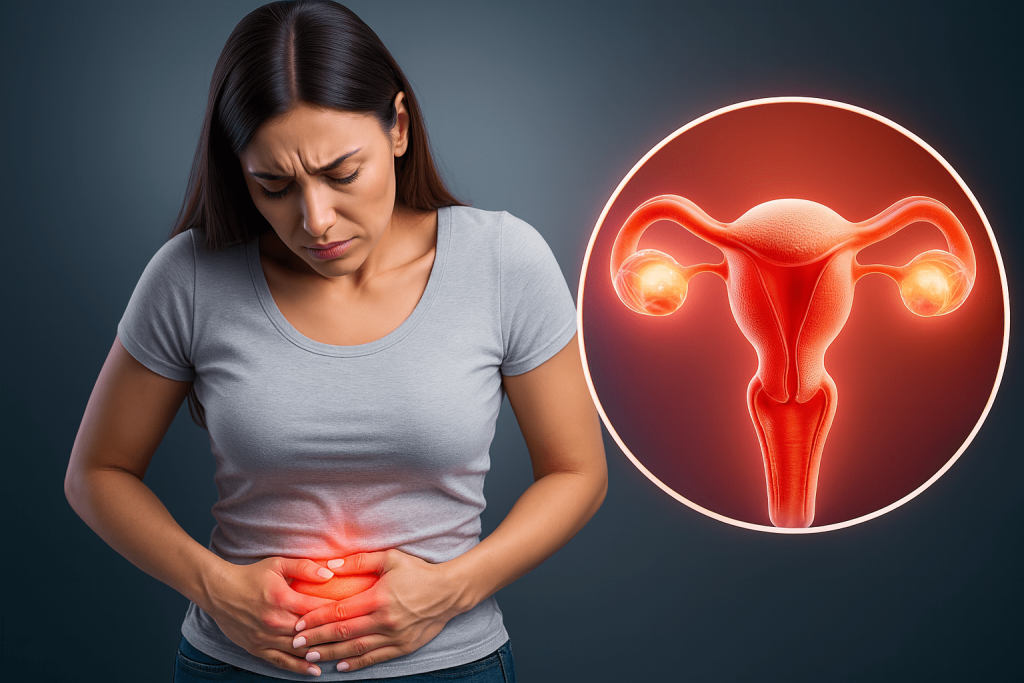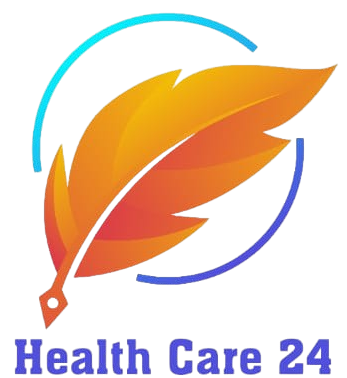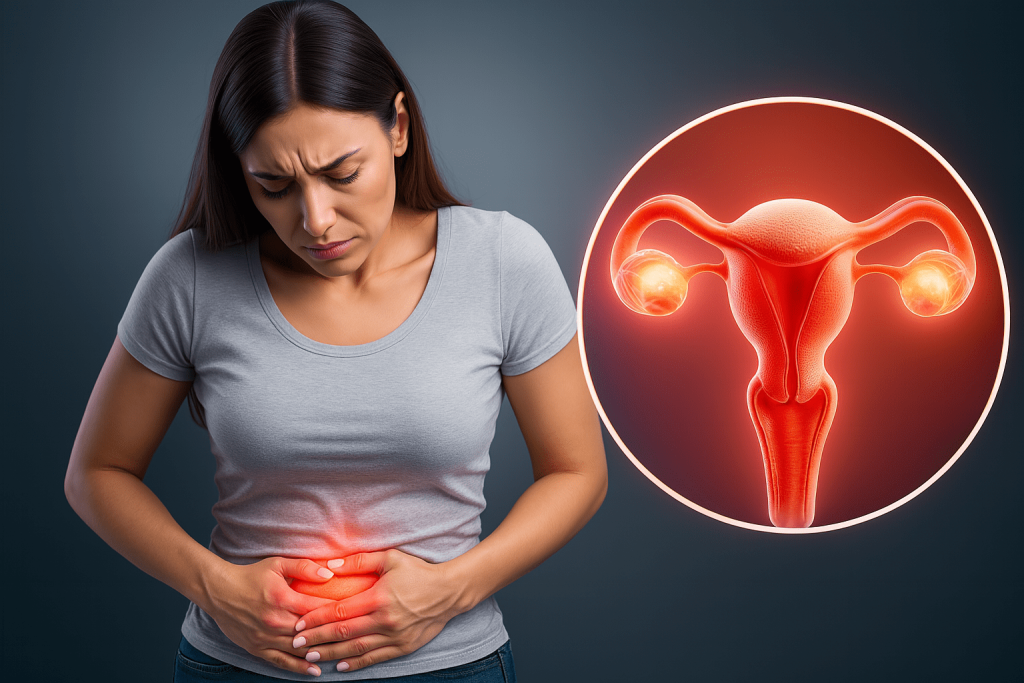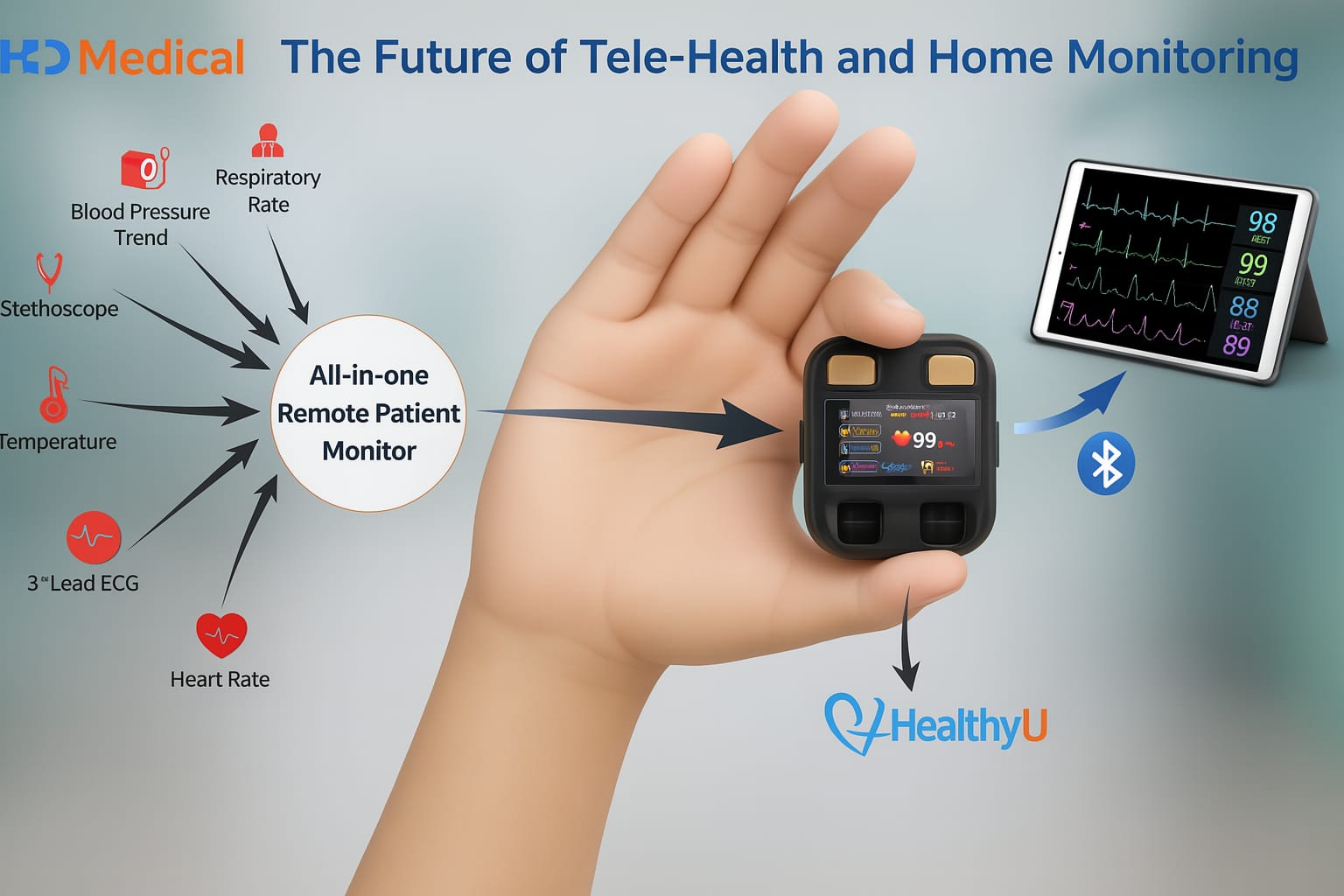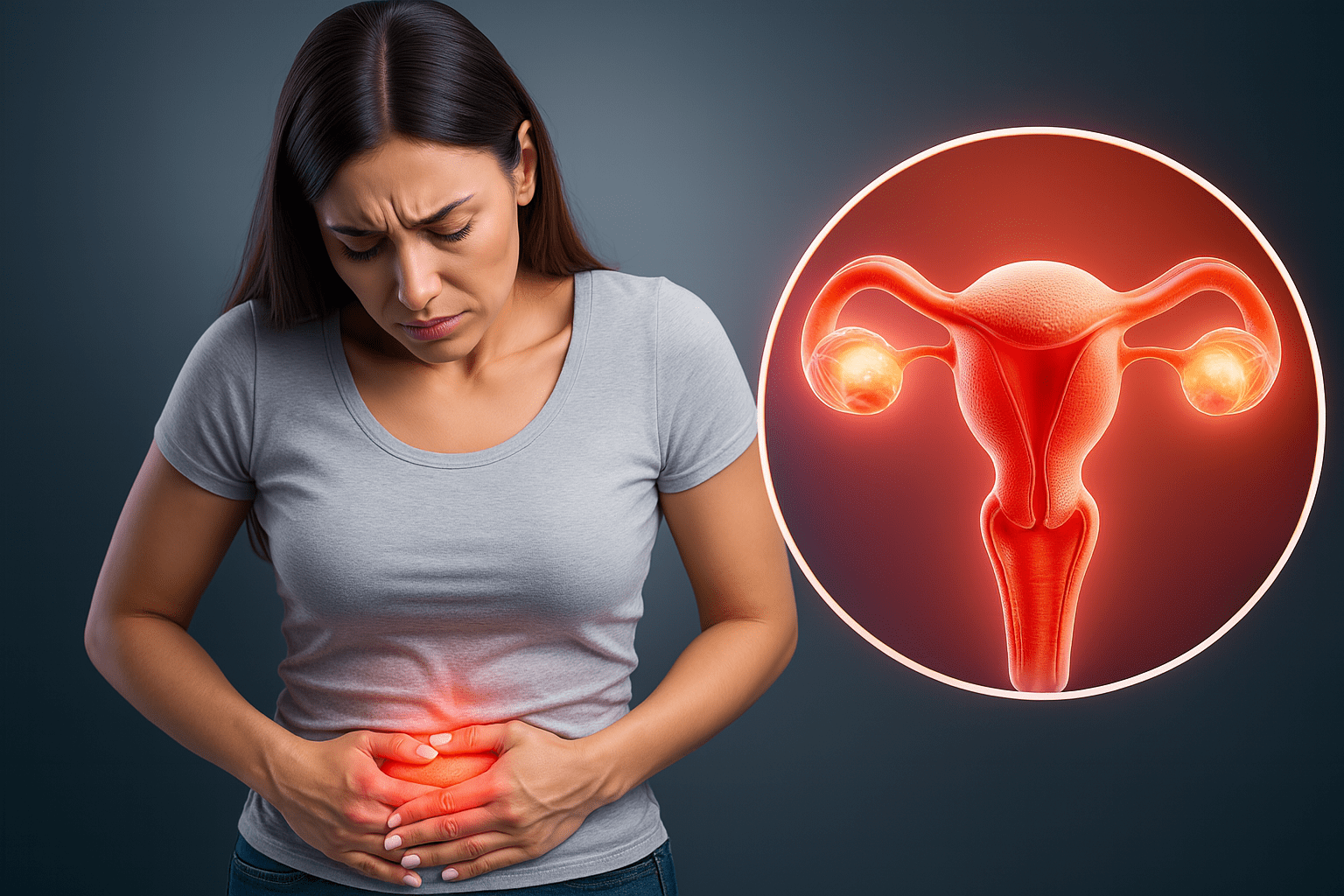PCOS is among the top searched of women’s’ health related conditions in 2025 in USA, UK, Canada, Germany and France. PCOS affects millions of women and is characterized by excess levels of hormones produced by the ovaries. In this ultimate guide to PCOS, you will read about what is PCOS, symptoms of PCOS, causes and risk factors for developing PCOS, treatment options,fertility issues related to PCOS (and how do deal with it) and healthy diet plan to control and manage your pcos naturally.
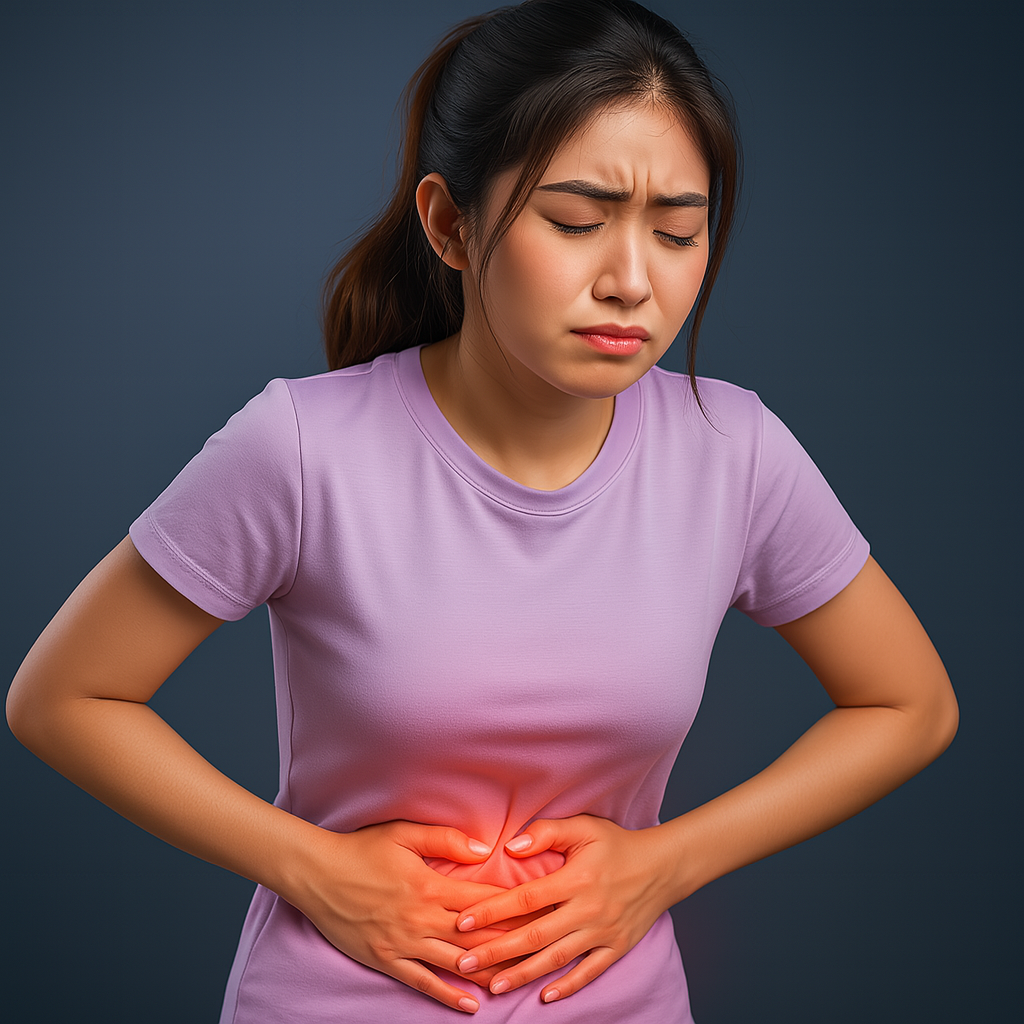
What is PCOS?
PCOS (Polycystic Ovary Syndrome) is a complex hormonal disorder in which ovaries areoverproducing androgens(male hormones). Women who have PCOS may develop multiple small cysts on their ovaries, problems of ovulation, and metabolic problems. Research shows that 10% of women of reproductive age are diagnosed with PCOS but almost 70% remain undiagnosed.
Common Symptoms of PCOS
The symptoms in women with PCOS vary. The most common include:
. Irregular or missed periods
. Key Questions: Heavy or very light periods?
. I get hair on my face, chest and back too.
. Acne, oily skin, or dandruff
. Hair thinning or loss from the scalp
. Rapid or unplanned weight: Weight gain, having trouble losing weight
. Dusky skin coloration (neck, armpits, groin)
. Difficulty conceiving (infertility)
. Mood swings, anxiety, or depression
Causes of PCOS
The precise cause is uncertain, but experts cite four principal factors:
1- Hormonal Reasons – More quantity of male hormones in the body leads to inability to ovulate.
2- What Does Insulin Resistance Have To Do With PCOS?
3- Genetics – PCOS tends to be hereditary.
4- Low-grade inflammation: “It tends to cause hormonal imbalance and can lead to cysts on the ovaries.
Complications of PCOS
Untreated PCOS can lead to:
Type 2 diabetes and pre-diabetes
Not only high blood pressure, however heart disease
Sleep apnea
Infertility
Endometrial cancer
Anxiety and depression
How PCOS is Diagnosed
The Rotterdam Criteria- 2 out of three have to be satisfied:
Irregular ovulation
High levels of androgens (measured in blood or signs of severity)
Polycystic ovaries seen on ultrasound
Other testing: glucose tolerance, high cholesterol and hormone panel.
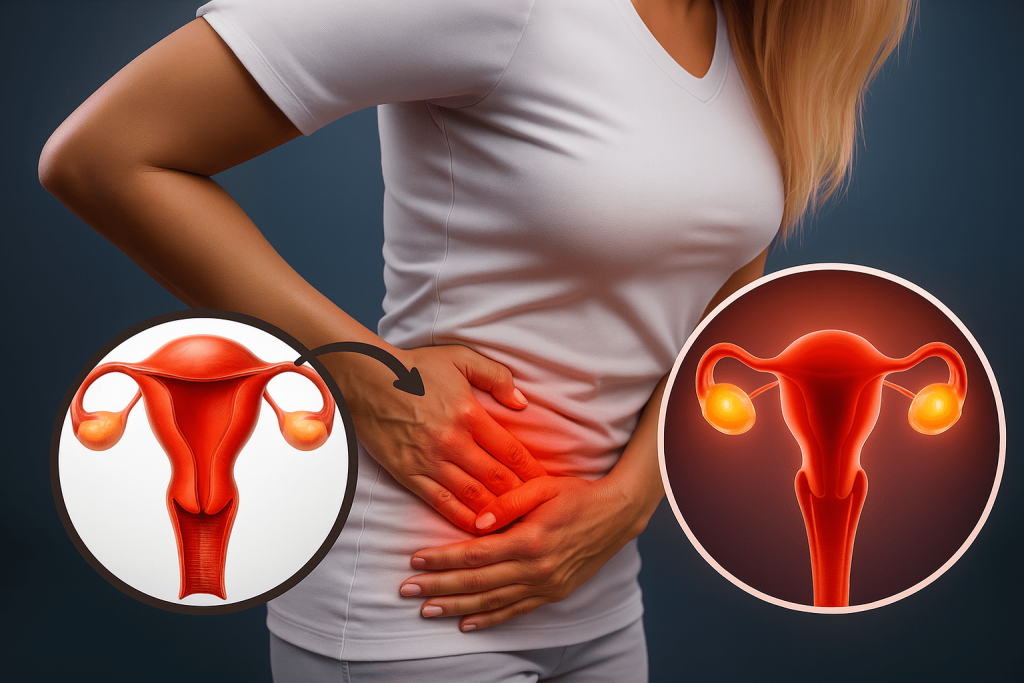
PCOS Treatment Options
Medical Treatments
Contraceptive pills – they can regulate menstrual periods and lower the level of androgens.
1- Metformin – increase Insulin sensitivitity and could be helpful for weight loss.
Fertility medications — such as clomiphene and letrozole, which help with ovulation.
Anti-androgens – to decrease excessive hair growth and acne.
Lifestyle Management
Healthy meals – high fiber and low glycemic index diet.
Exercise – boosts insulin resistance and weight management.
Weight loss – losing as little as 5-10% of your body weight will both help improve fertility and symptoms.
Stress: yoga, meditation, enough sleep.
Best Diet for PCOS in 2025
1- Foods to Include:
. Whole grains, oats, brown rice
. Lean protein: fish, chicken, beans
. That is, they’re low on the glycemic index.
. Nuts, seeds, olive oil (healthy fats)extracomment 5 )
. Probiotic foods: yogurt, kefir
2- Foods to Avoid:
. Sugary snacks, sodas
. Refined carbs: white bread, pasta
. Fried and processed foods
. Trans fats
PCOS and Fertility
PCOS is one of the most common reasons for female infertility, but that does not mean you cannot get pregnant. Many women who change their lifestyle conceive naturally. Others may require fertility drugs or assisted reproductive technology (such as IVF). It is very important to see a gynecologist or fertility expert right away.
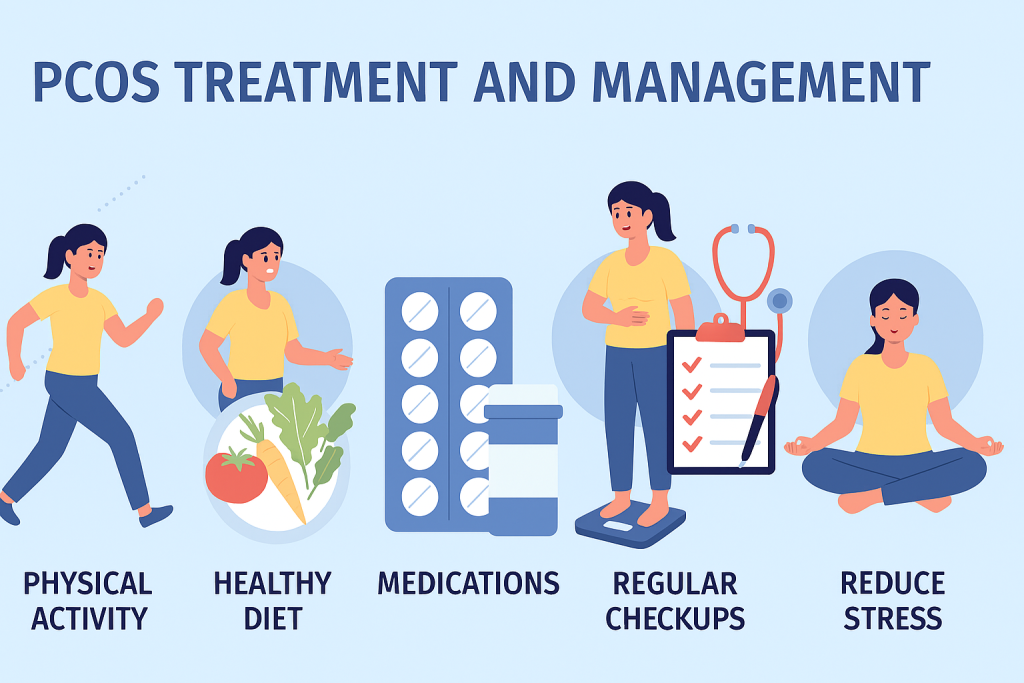
FAQs About PCOS
1- Can PCOS be cured?
No cure, but symptoms can be treated.
2- Is it possible for women with PCOS to get pregnant?
Yes, either with lifestyle changes, drugs or fertility treatments.
3- Does losing weight help PCOS?
Yes, even losing 5-10% of one’s bodyweight can help manage cycles and improve fertility.
4- Can diet reverse PCOS symptoms?
There is a large role that diet and exercise plays when it comes to addressing insulin resistance and hormonal balance.
Conclusion
PCOS continues to rank high among the most searched and toughest women’s health conditions of 2025. There is no cure, but symptoms can be managed through medication, healthy eating, exercise and stress management. And awareness is key; if you have irregular periods, unexplained weight gain, facial acne or problems trying to conceive a baby, visit your healthcare provider to get tested and treated.
